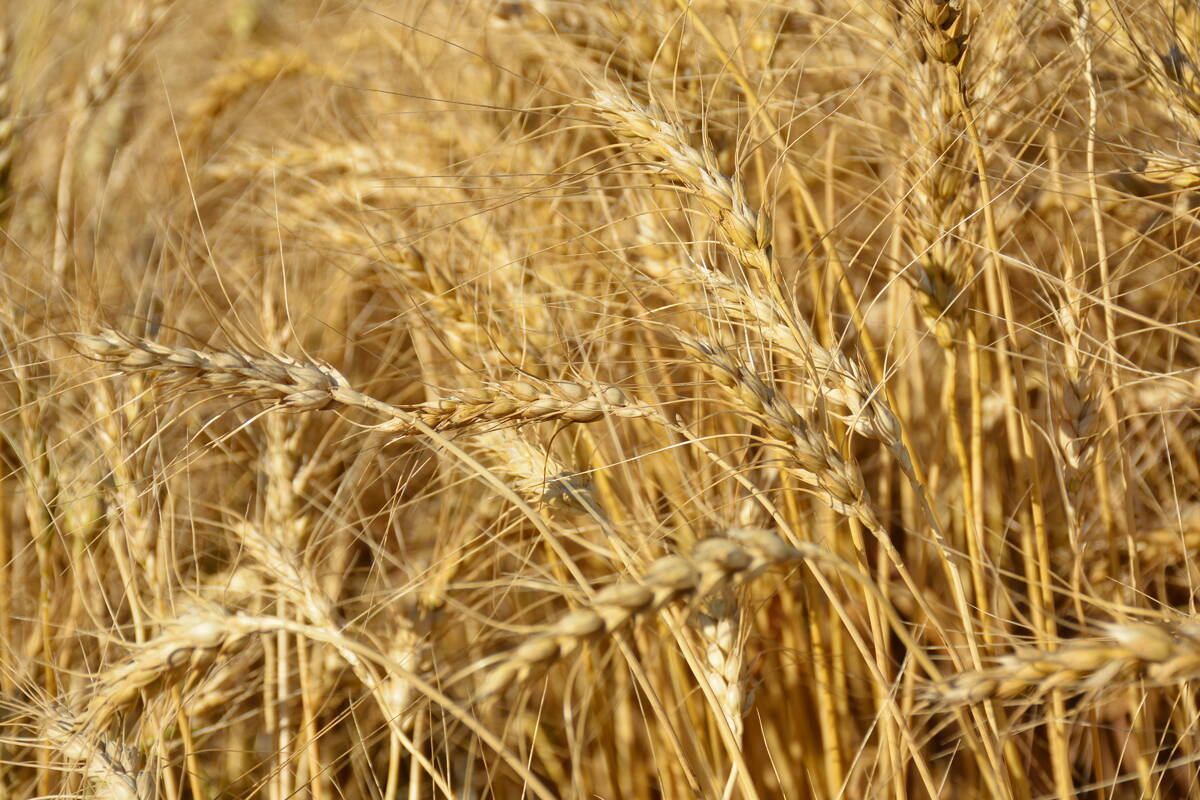The prairie farm economy hasn’t seemed the rosiest for investors in recent years.
The Prairies’ two biggest grain companies – Saskatchewan Wheat Pool and Agricore United – have stumbled for years under their debt burdens, while the two main hog packers – Maple Leaf Foods and Olymel Foods – are bleeding red and shutting or scaling back operations.
So it may surprise some farmers to hear the optimism for the grain industry expressed by Brian Gibson, the chief investment officer of the Ontario Teachers Pension Plan.
Read Also

Large wheat supply pressures prices
SASKATOON — World wheat prices are likely to continue falling as more bumper crops are harvested, says an analyst. Argus…
“When we look at the history of the Prairies and the future, there is a lot of grain that will be grown and exported for a long time to come,” said Gibson, who oversaw his pension plan’s involvement with the proposed James Richardson International takeover of AU.
“The elevator part of that, there’s no reason why it can’t be a good long-term business.”
Long term comes up repeatedly in Gibson’s description of the investment fundamentals of the prairie farm economy. It’s clear he isn’t worried by the troubles of the late 1990s and early 2000s that beset the biggest grain companies.
“It was the right idea, but it was financially too big of a challenge at the time,” said Gibson about the building of networks of high-throughput elevators by the pools and United Grain Growers.
“That was, we think, a short-term financial issue for the grain elevator companies, at the time, but it’s a good, consistent, long-term business underneath all that.”
The pension plan managers are no stranger to the woes that can afflict the prairie farm economy. The plan’s money helped finance the McCain family takeover of Maple Leaf Foods, an investment that has not reaped rewards as Canadian packers have struggled with the escalating value of the Canadian dollar.
“We had some surprises,” said Gibson about investing in the hog industry, noting both the currency situation and the massive subsidies the U.S. government provided to corn producers, making feed cheap, have undermined prairie hog production.
But for Gibson, who is responsible for investing the retirement savings of more than 260,000 past and present Ontario teachers, picking long-term winners is more important than jumping on today’s hot stock.
“We like to find things to invest in that other people aren’t thinking about,” he said.
In fact, because of all the wreckage in the prairie grain elevator industry, it’s a good time to invest, because a low cost grain handling system has been created.
The large concrete elevators, with their ability to fill large unit trains, can make up for the prairie farmer’s greatest disadvantage.
“The big challenge we find in the sector is, it’s not the grain elevators or grain handling per se, it’s the transportation costs with the railroads,” said Gibson.
Concrete elevators that get preferential rates from the railways are “the only way that, over time, the farmers can offset higher rail costs.”
Working with the Richardson family’s JRI and the assets of AU, the future should be brighter than the recent past endured by the pools.
“They invested quite a bit to build these new, big grain elevators, largely with borrowed money … and it was just a lot of investment in a short time period and it was very difficult for those companies to make a go of it,” said Gibson.
“Lucky for us, we weren’t investors in the early days when people were doing the things that got them into trouble.
“We’re just coming now.”















